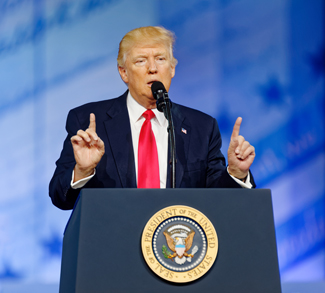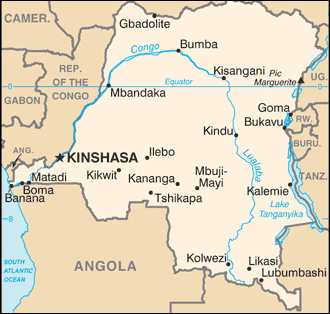Summary
After retreating from earlier attacks on Mexico and China, Canada has become the newest target of President Trump’s economic nationalism, with the spotlight fixed on the Canada’s lumber and dairy industries. As Canada braced itself for the risk of a trade war with the U.S., rumors circulated that Trump was considering signing an executive order to end the North American Free Trade Agreement (NAFTA)—a three-country accord between Canada, Mexico and the U.S. that entered into force in 1994, promoting the gradual elimination of most tariffs in industries such agriculture, textiles, automobile, and manufacturing. Galvanized by ‘America First’ nationalists in his cabinet, President Trump was apparently about to make a dramatic exit from the trade deal just days before his 100th day in office. However, the idea was eventually shelved after foreign leaders, other cabinet members, and C-suite executives scurried in to prevent Trump from making any rash decisions. With this core constituency in mind, Trump had already decided to hold off before receiving calls from Canada and Mexico. According to media reports, Agricultural Secretary Sonny Purdue and Commerce Secretary Wilbur Ross showed the President a map of “Trump country” communities overlapping with areas that were most vulnerable to a trade war. In the end, President Trump announced plans to renegotiate NAFTA instead of scrapping it entirely, as originally promised, whilst maneuvering an internally divided staff, Congress, and U.S.
Background
Does Trump Have a Negotiation Plan?
In the absence of a clear grand strategy, the effects of Trump’s policies on Canada remain ambiguous. With regards to NAFTA, two conflicting groups of advisers exist within the Trump administration: the ‘America First’ nationalists—Chief Strategist Stephen Bannon and Trade Adviser Peter Navarro—and the ‘New York deal makers’—Treasury Secretary Steven Mnuchin and National Economic Council Director Gary Cohn. As WSJ reports, one senior Toronto bank executive said that Cohn and Mnuchin (both former Goldman Sachs Group Inc. executives) have recently reached out to senior Canadian business officials to counsel them, with no expectations for significant changes to NAFTA.




